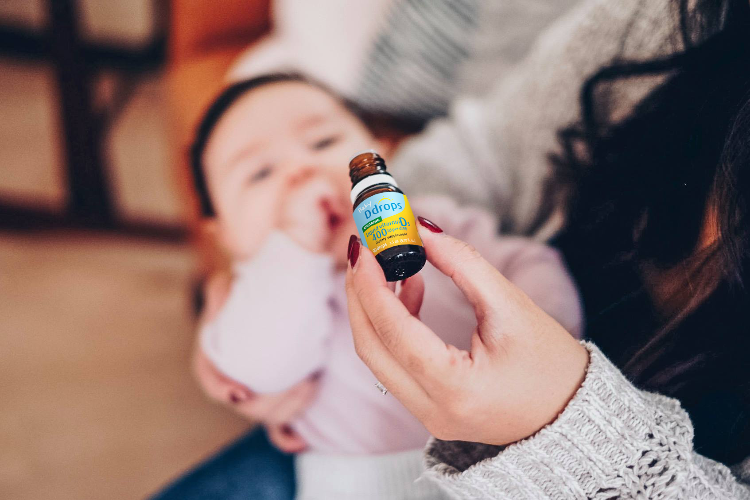September 1, 2015
There are many difficult aspects of being a new parent. One of these is choosing what advice to listen to, especially when it comes to exposure to different foods. It has always been a common assumption to keep your infant away from foods that could possibly trigger a food allergy. However, research is suggesting you might want to do just the opposite.
Clinicians should recommend introducing peanut-containing foods into the diets of high-risk infants aged between four and 11 months, according to a new consensus statement from 10 medical organizations in Europe and the United States. The consensus statement was published in Pediatrics in August 2015.
“There will be more extensive guidelines in the near future from the [National Institute of Allergy and Infectious Diseases] Working Group and [European Academy of Allergy and Clinical Immunology] Guidelines Group and their multidisciplinary stakeholders. These groups will consider all the available data and determine whether there is sufficient evidence to apply prevention strategies to the general population,” the authors wrote.
“However, engagement of the primary care, allergy, and dermatology communities to rapidly implement these findings and change the culture of early feeding practices is essential, and the forthcoming [National Institute of Allergy and Infectious Diseases] Working Group’s and [European Academy of Allergy and Clinical Immunology] Guidelines Group’s documents will better clarify a best-practices approach.”
The current consensus statement is based on data from the Learning Early About Peanut Allergy (LEAP) trial — a randomized controlled trial — and existing guidelines.
Recommendations:
- Level 1 scientific evidence from the LEAP trial shows that clinicians should recommend the introduction of peanut-containing foods into the diets of “high-risk” infants aged between four and 11 months in countries with prevalent peanut allergy. Delaying this introduction can be associated with an increased risk for peanut allergy.
- Consider evaluation by an allergist or physician trained in the management of allergic diseases in this age group for infants with early-onset atopic disease, such as severe eczema or egg allergy. Such evaluation might include peanut skin testing, in-office observed peanut ingestion, or both. The healthcare provider can perform an observed peanut challenge for infants with evidence of a positive peanut test response to determine whether the infant is clinically reactive before introducing peanut at home. The LEAP study protocol included both strategies.
- Infants in the LEAP trial were randomized to consume peanut, ingesting a median of 7.7 grams (g) of peanut protein (interquartile range, 6.7 g –8.8 g) per week during the first 2 years of the trial compared with a median of 0 g in the avoidance group. Adherence in the trial was 92%.
“Although the outcome of the LEAP regimen was excellent, the study does not address the use of alternative doses of peanut protein, minimal length of treatment necessary to induce the tolerogenic effect, or potential risks of premature discontinuation or sporadic feeding of peanut,” the authors conclude.
Did you expose your newborn to peanut-containing foods? Do you think it is a good idea? Don’t forget, no need to worry about peanut allergies with Baby Ddrops!




Leave a comment
This site is protected by hCaptcha and the hCaptcha Privacy Policy and Terms of Service apply.